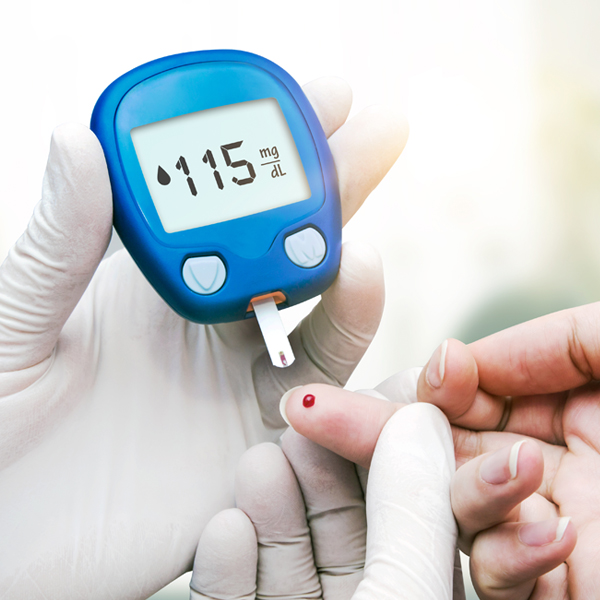Why Primary Care
The number of patients identified with diabetes is growing every year. For every patient diagnosed with type 2 diabetes, there are numerous people with type 1 diabetes and pre-diabetes who go undiagnosed. Early detection of the disease and initiation of treatment can make a huge difference in the outcome for the patient. The primary care physician plays a key role in this step.

The Primary Care Physician:
As we all know a primary care physician deals enormous amount of patients every day so PCDA
very keenly try to reach and help primary care physicians all over country. As we all know primary care physician is just like a family member to the patient’s so it is very easy for a primary care physician in detecting the signs of pre-diabetes or diabetes early and can help in slowing the progression of the disease. This can vastly lower your risk for diabetes related health complications.
Primary care physicians identify patients at risk for diabetes based on family history and other factors. Patients, who have a history of cardiovascular disease, are obese or overweight, and even those with a sedentary lifestyle are at a high risk for diabetes. Pregnant women are screened for gestational diabetes. In addition, patients with certain symptoms will be screened for diabetes.
Diagnosis by the Primary Care Physician
The first step in treating a patient suspected of having diabetes is proper diagnosis. Primarycare physician suspects diabetes he or she will recommend a plasma glucose test. The most common tests are the two hour postprandial glucose test and the fasting plasma glucose test
If the results are positive for diabetes, now it begins the journey of learning about the disease, how to manage the disease, and what lifestyle changes you will advise. Primary care physician will guide patients through this journey.


Treatment
Primary care physician will create a diabetes management plan designed foreach individual. This plan will take into account your lifestyle, your weight, your activity level, your age, the severity of disease, your dependence of medications, and more.
If someone is diagnosed as a type 1 diabetic you will need insulin to control sugar level. If someoneis diagnosed as a type 2 diabetic, you will most likely begin managing diabetes of your patient with lifestyle and diet changes along with some medications. In some cases, a physician will ask a patient to implement lifestyle and diet changes for a period of approximately six weeks before beginning any medicine protocol. After the six weeks are up, the patient will have another blood glucose test to see if there are any positive changes in his or her blood glucose levels. These results will help the primary care physician determine whether or not to start the patient on diabetes medications.
Team Approach
If a person is diagnosed as a diabetic he or she can expect to visit the primary care physician at least once every three months for a checkup. The visits may be more frequent during the first months of diagnosis as patient establish a self-management routine.
You should also expect to meet with other doctors who treat diabetic patients. You may refer your patient to specialists who focus on certain aspects of the disease and will help prevent the progression of the disease. These specialists include:
- Podiatrists
- Diabetologists
- Diabetic Educators
- Pharmacists
Role of patient in Your Success:
The patient will play a big role in the successful management of diabetes. Physician will ask the patient to make lifestyle and diet changes. It is critical that he or she should make these changes immediately and stick to the instructions. Often, the changes are simple and will improve patient overall health.
Let’s look at two common changes the primary care physician may ask the patient to make:
- Diet: Diet must change to keep bloodsugar from spiking. Eating less sugary foods.Primary care physician may recommend seeing a dietician to devise a meal plan that includes healthy meals and snacks that fit patient’s lifestyle.
- Exercise: Exercise is important for both prediabetics and established diabetics because it helps control weight and helps keep blood flowing to limbs. Advise your patient to exercise every day.
Primary care physician is theback bone and first line of defense in the successful management and early detection of diabetes.


